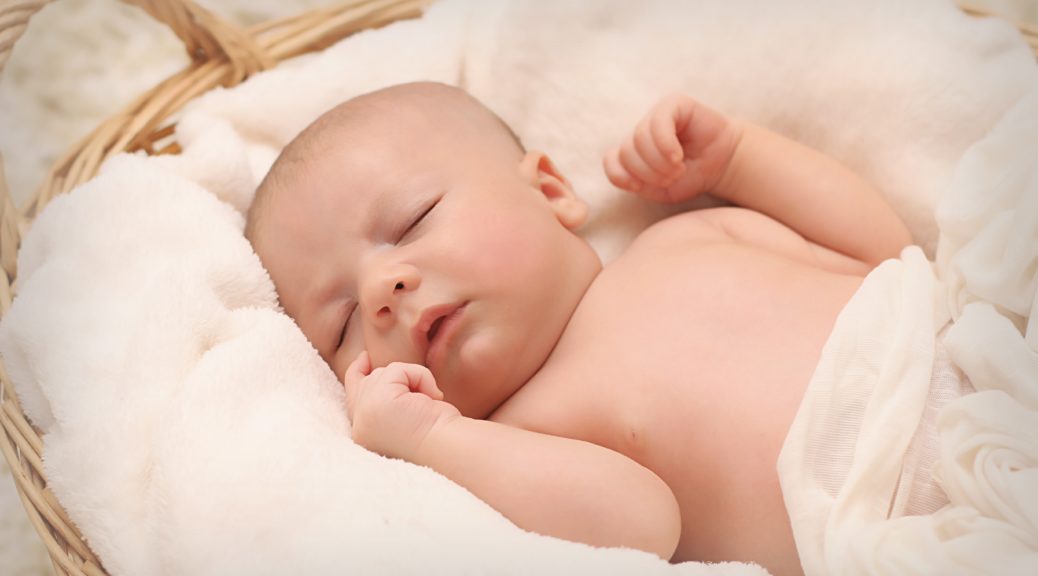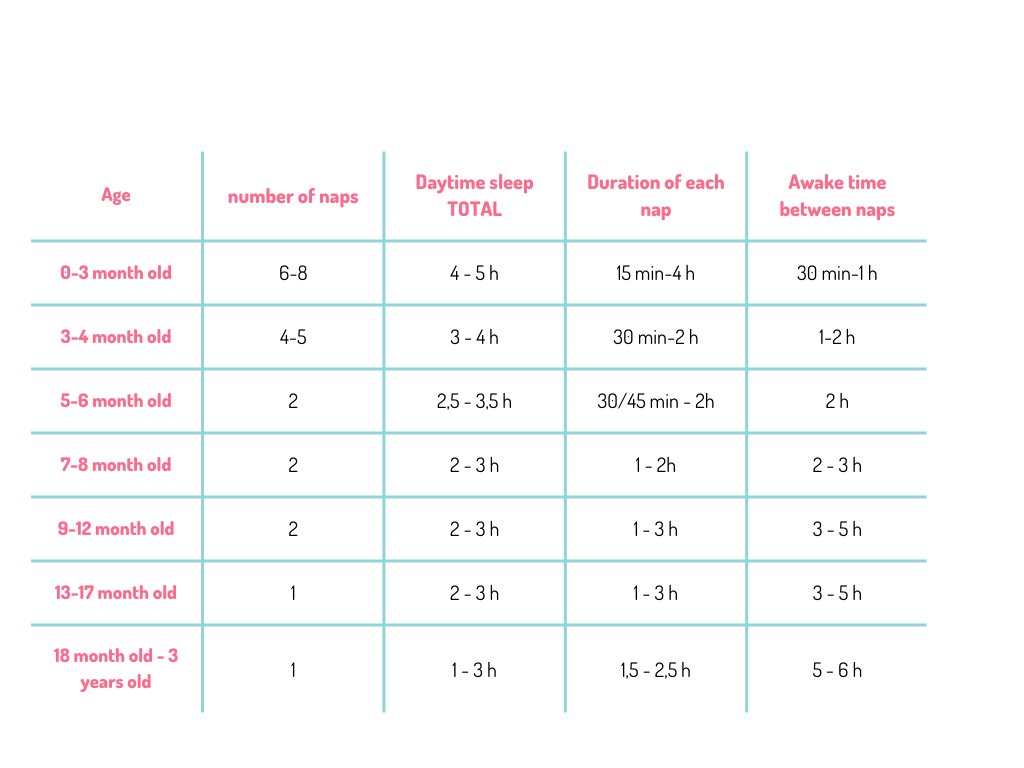
Infant daytime sleep
There are few publications on physiological infant daytime sleep in the context of breastfeeding. Sleep is one of the topics of most concern to families. Expressions such as “sleeping like a baby” are a clear example of the fact that babies are often thought to have deep and continuous sleep, which causes endless concerns for their caregivers.
Infant sleep is a physiological process that begins in the fetal stage and evolves until the child is several years old. In addition, this process is highly changeable.
When studying the evolution of sleep during the first months of life, we find little research, even more so for babies that are (exclusively) breastfed.
In any case, remember that the needs and preferred choices of the family should be a priority when making recommendations about infant sleep.
Usually, during the first months, the baby’s sleep does not have a marked pattern. They have short, often erratic sleep cycles. They tend to sleep a little longer when they are held skin-to-skin with an adult, especially with the main caregiver. Also, after a few weeks, they wake up when they notice that they are left on a surface that is not another person.
When excessive sleepiness appears during the first few days after birth, it is essential to check whether milk transfer is correct, as hypersomnolence may be related to the baby not gaining weight optimally.
Once breastfeeding is well established, the baby needs to feel full to sleep, feel secure, and have their need for touching contact satisfied. And another obvious but fundamental need is that the baby feels sleepy.
As mentioned above, there are few publications on physiological daytime sleep in the context of breastfeeding. The Center for Infant Sleep Studies has proposed this table in order to get an idea of what a daytime sleep tendency may be like according to age. But the wide physiological range in each of the ages should be highlighted. Likewise, it is important to keep in mind that the consequence of not sleeping properly is that the child is tired. Suppose the child is happy, rested, and active. In that case, it is likely that their way of sleeping is physiological and natural, even if it does not fit into the usual patterns or tendencies.

References:
- Berrozpe. Curso de Sueño Infantil. Centro de Estudios del Sueño Infantil. 10 edición. 2022 – 2023.